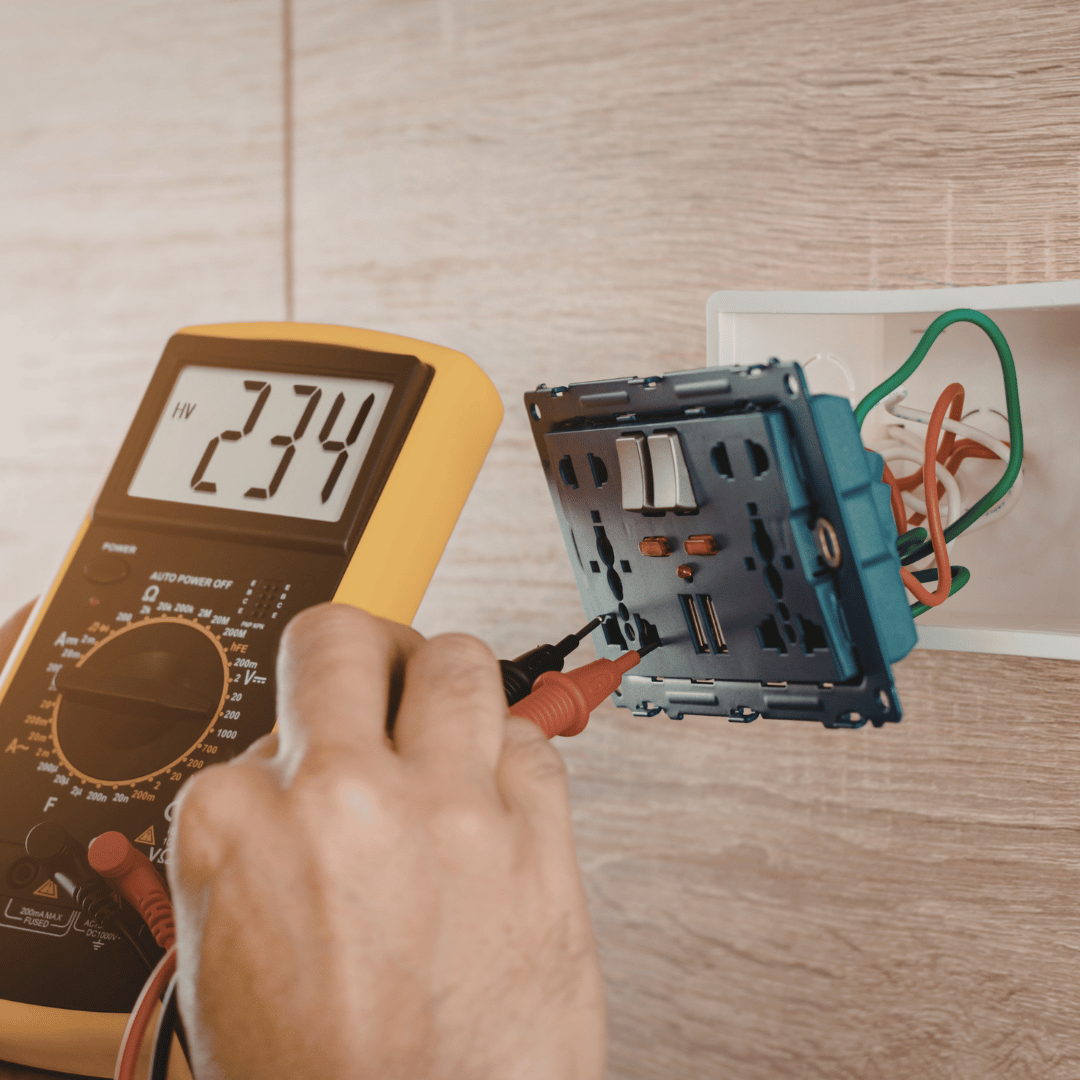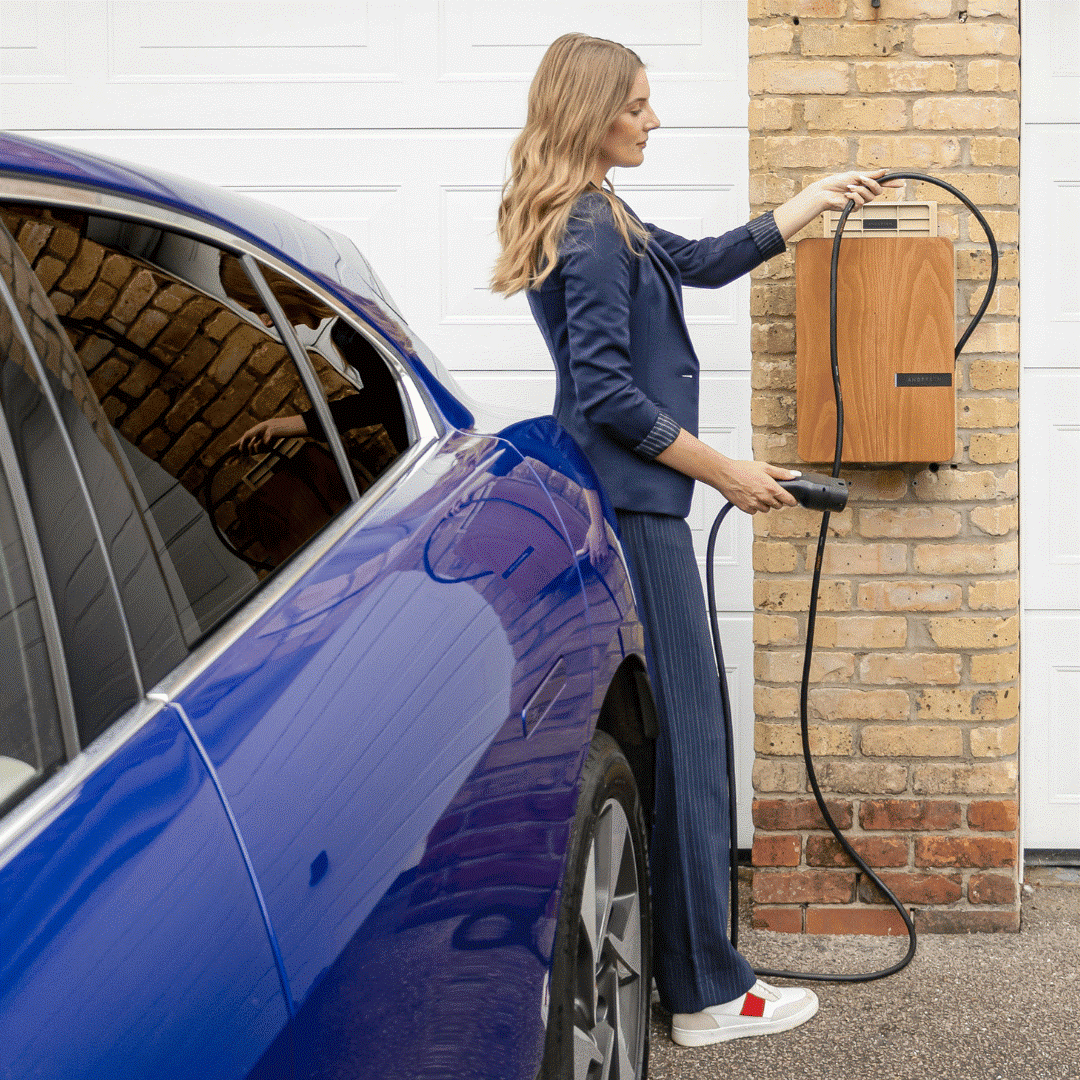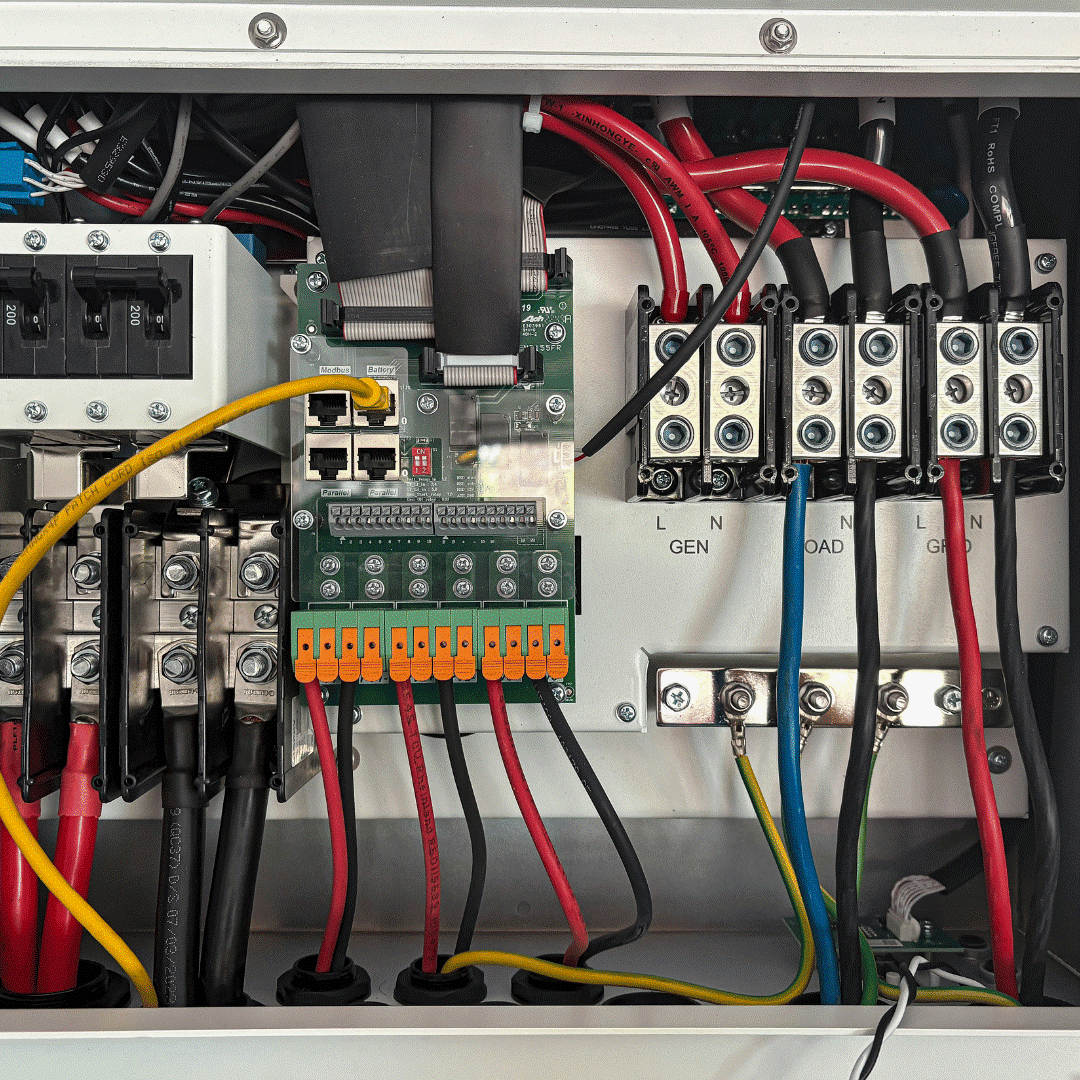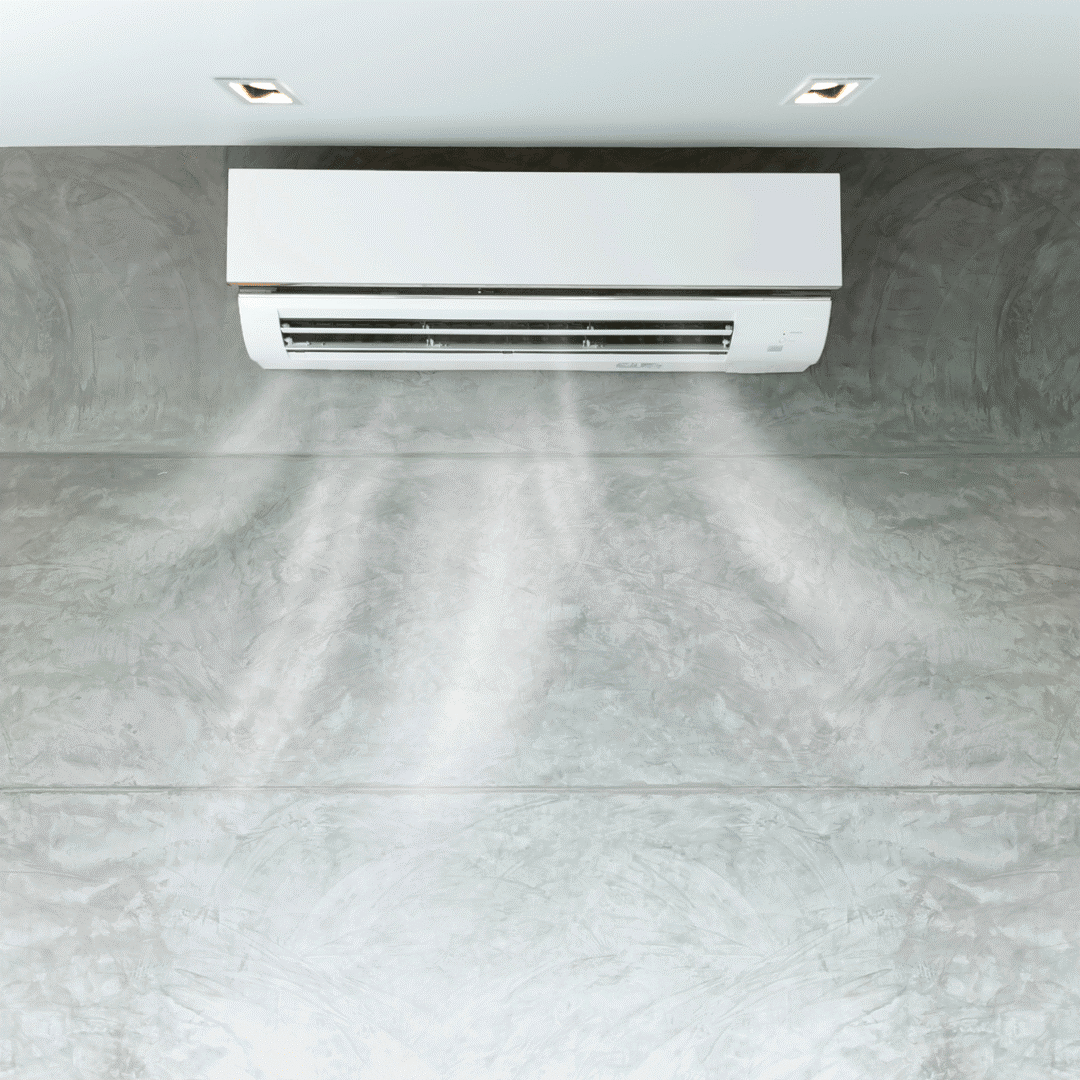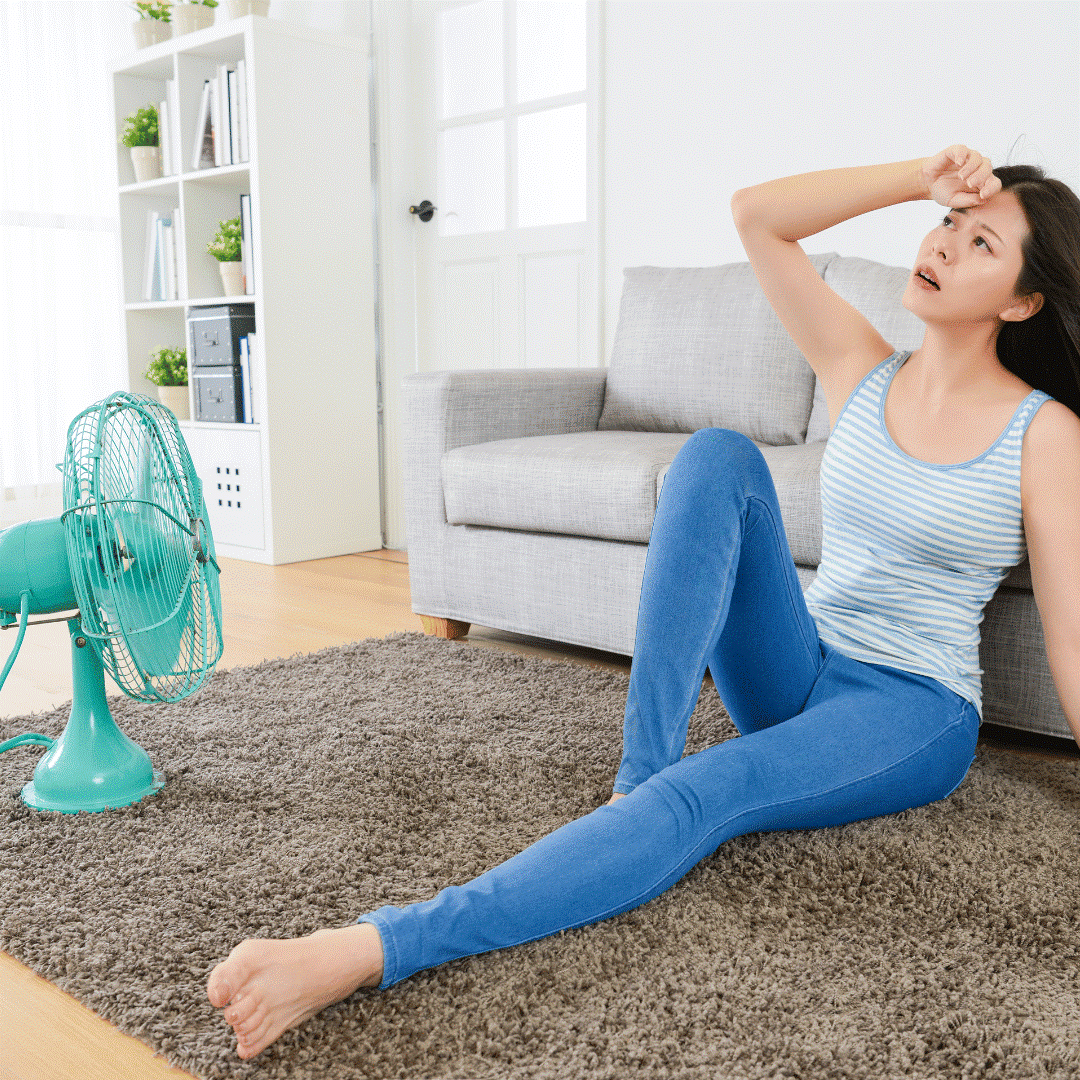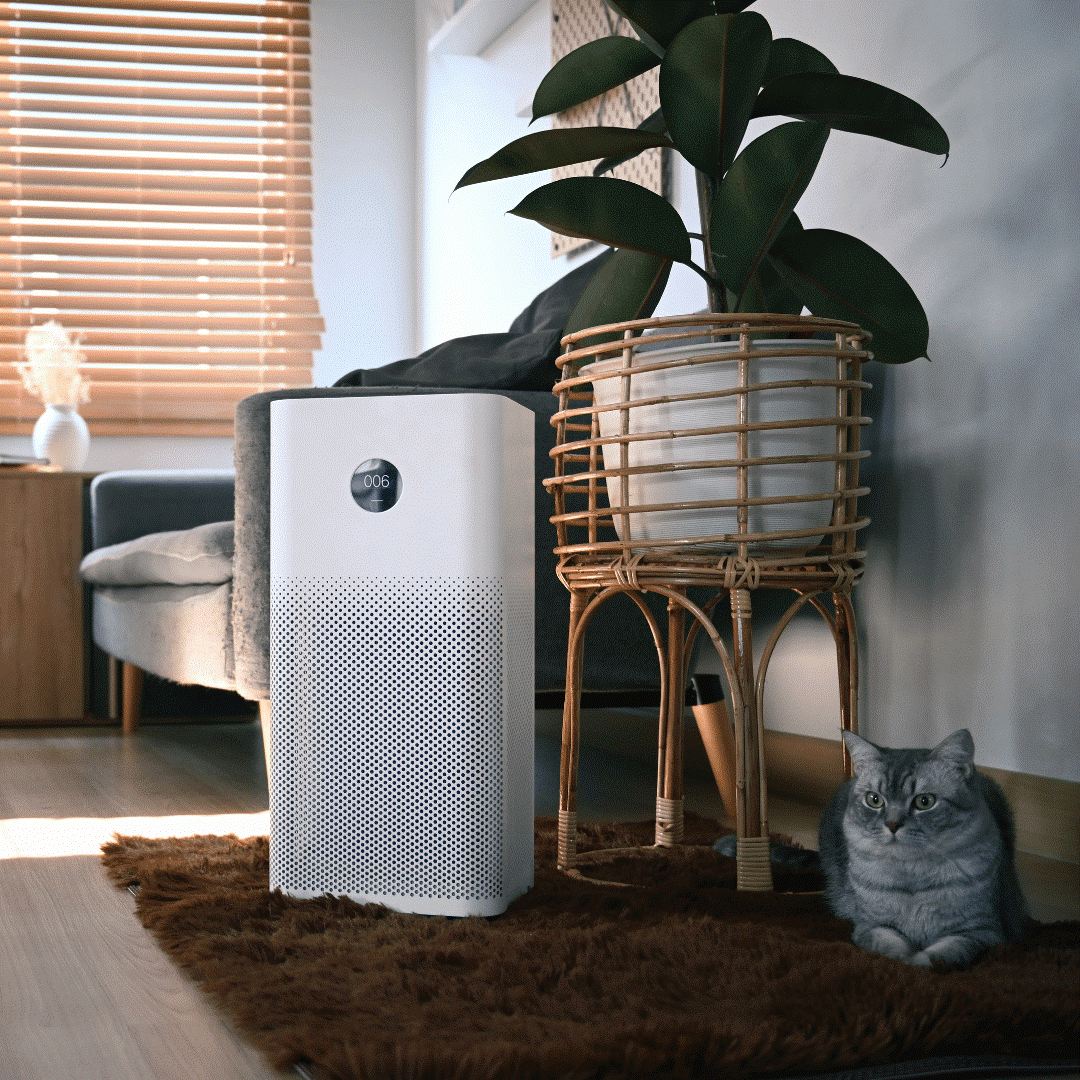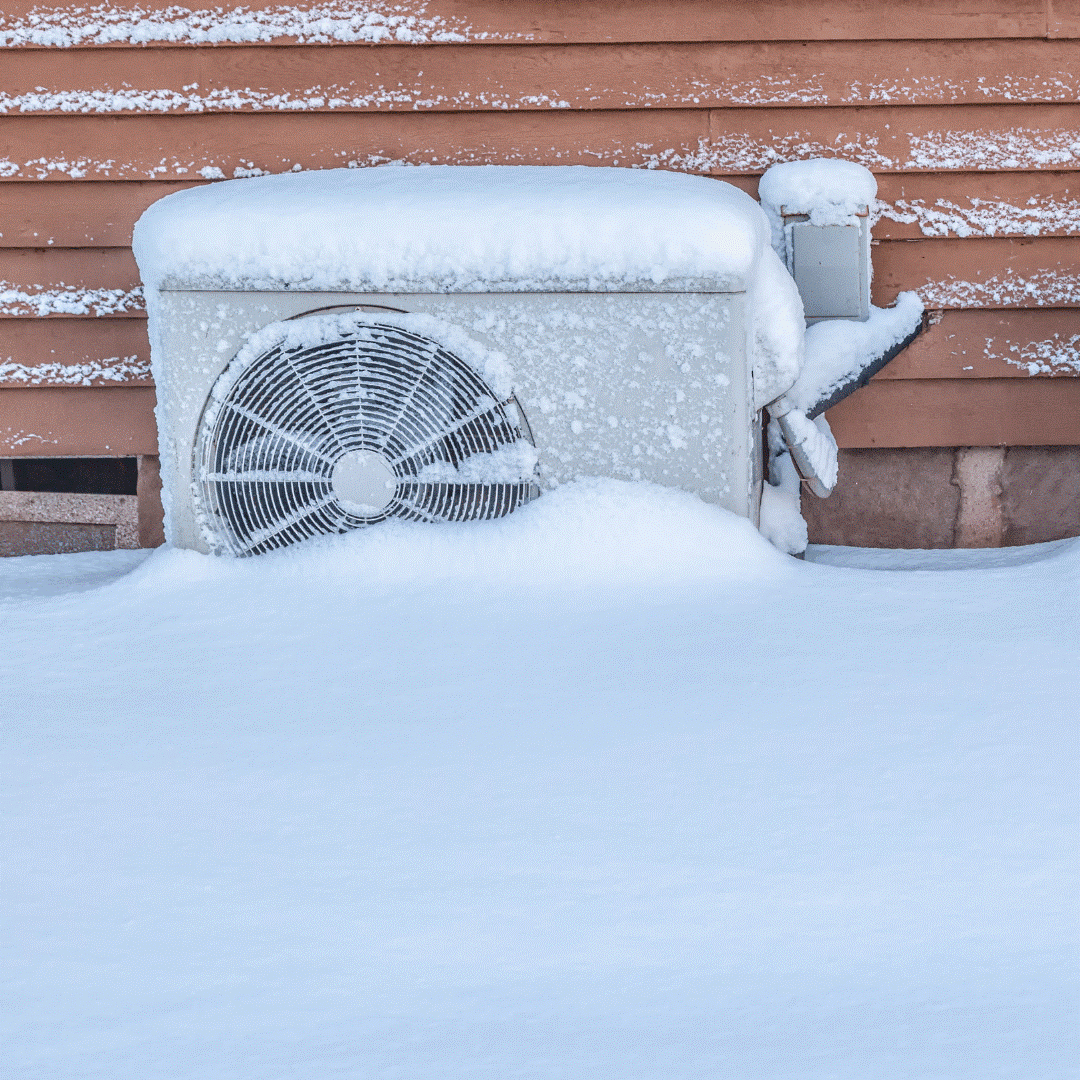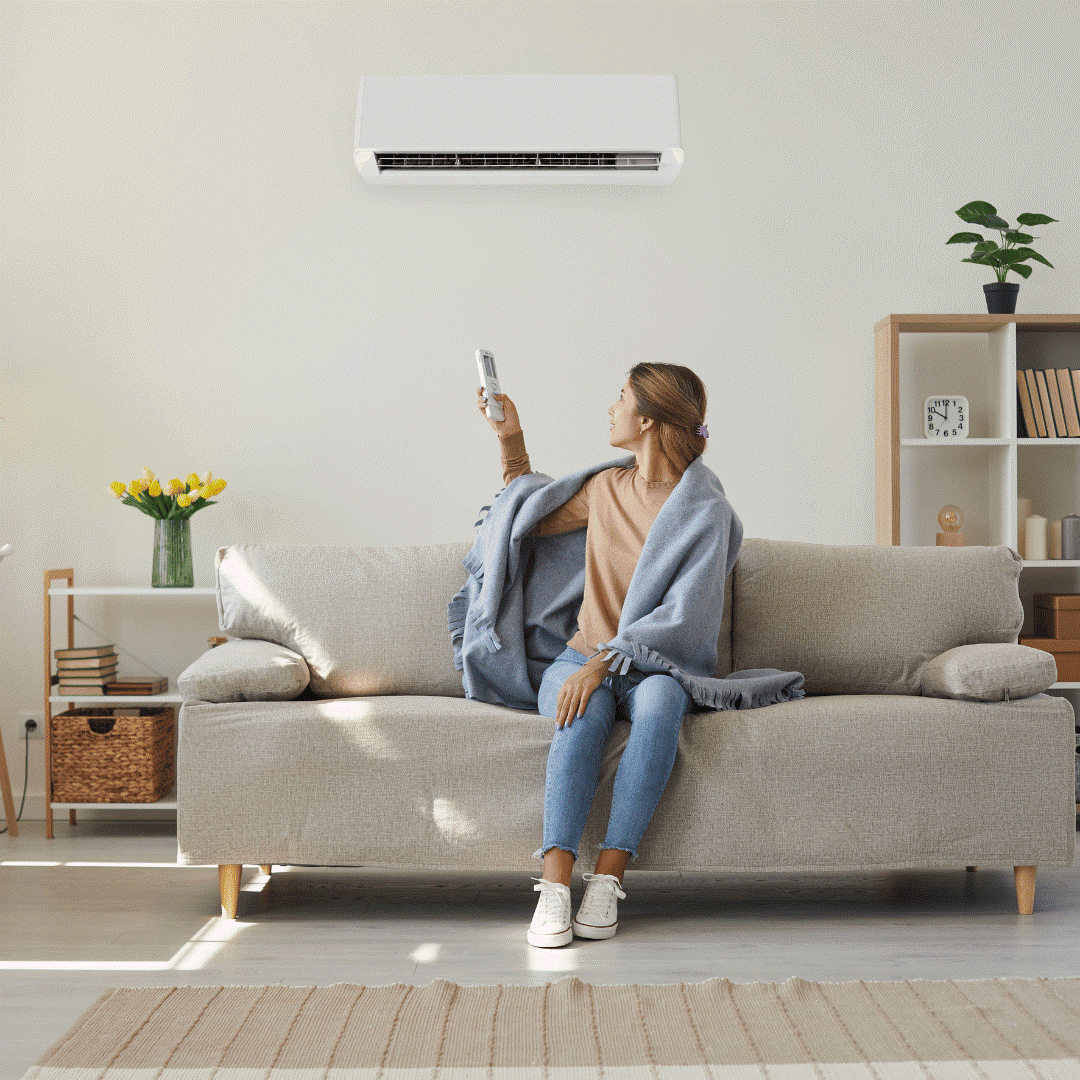Comprehensive AC Repair and Replacement: Common Issues and Expert Solutions
Maintaining a cool and comfortable home is essential, especially during the sweltering summer months. Your air conditioning unit plays a pivotal role in this comfort. However, like any complex mechanical system, it is prone to many issues. Understanding common problems and their solutions can keep your cooling system running efficiently and may save you from costly repairs.
AC Not Turning On
Any air conditioning system can stop working, but the costs associated with the types vary widely. One of the most straightforward problems you may face with your AC unit is when it fails to power on. This issue could stem from an electrical fault such as a tripped circuit breaker or a faulty thermostat. First, check your home's circuit breaker box and reset any tripped breakers. If the issue persists, make sure that your thermostat is turned on, and set to cool, and request a lower temperature than the current room temperature. If problems persist after these steps, professional assistance from an AC technician is advisable. Air conditioning repair companies often have emergency services for AC failures, so it's wise to keep their contact information on hand.
Salt Air Heating Cooling & Electrical offers comprehensive emergency services and maintenance memberships designed to provide peace of mind and ensure the uninterrupted functioning of HVAC and electrical systems.
- Emergency Services: With prompt emergency service response times, including a 12-hour response for HVAC Elite members and a 24-hour response for HVAC Pro members, customers can rest assured that any unexpected issues will be addressed swiftly and efficiently. Salt Air’s expert technicians are available to provide intelligent solutions, minimizing downtime and inconvenience, whether it’s a sudden breakdown in the middle of extreme weather or an electrical emergency affecting daily operations.
- Maintenance Memberships: By becoming a maintenance member, customers gain access to a range of exclusive benefits aimed at preventing breakdowns, extending the lifespan of their systems, and avoiding costly repairs. With regular inspections, proactive maintenance, and discounted repair services, members can avoid surprises and ensure optimal performance from their HVAC and electrical systems year-round. The comprehensive membership options also cater to varying needs and budgets, offering flexibility and value for every customer.
In essence, Salt Air's emergency services and maintenance memberships offer a proactive approach to system management, providing reassurance and convenience for homeowners and businesses alike. Whether responding swiftly to unexpected emergencies or proactively maintaining system health, Salt Air is committed to keeping customers comfortable, safe, and worry-free.
Poor Cooling Performance
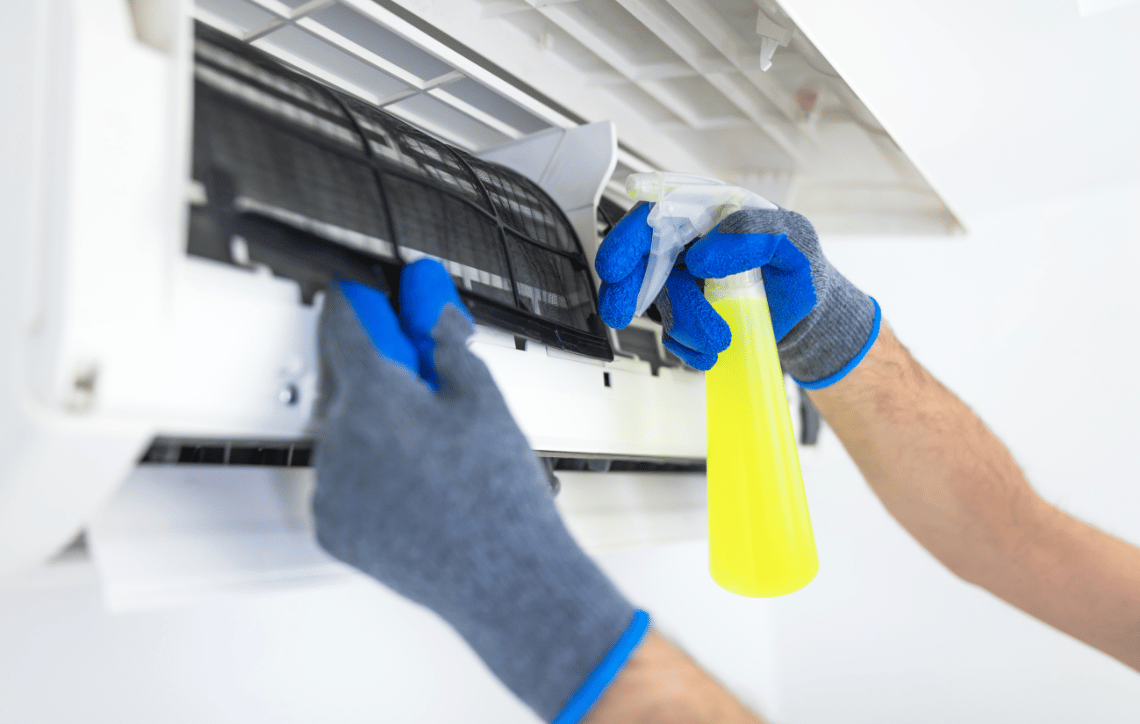
If your air conditioner is running but not effectively cooling your home, there could be several factors contributing to the problem. Poor cooling performance may be a dirty condenser unit. This outdoor component of your AC system can often become clogged with dirt, leaves, and other debris. It's essential to regularly clean or have this unit serviced by a professional to maintain optimal cooling efficiency.
Insufficient Cooling
If your air conditioning is running but not producing cool air, several factors could contribute to the issue. Clogged air filters impede airflow and significantly reduce cooling efficiency. One common cause is a dirty air filter that restricts airflow. Check the air filter and replace it if it appears clogged or dirty. This is a simple fix that can often solve the issue. Please note that certain filters can be reused, while others need to be replaced. Air conditioning services recommend changing the air filter every one to three months, depending on usage and environmental factors.
Leaking Refrigerant
Refrigerant plays a crucial role in your air conditioning system, absorbing heat from inside your home and releasing it outside. If you notice a lack of cool air or ice buildup on the refrigerant lines, there may be a leak. It's essential to address this issue promptly as low refrigerant levels can cause your AC system to work harder, leading to increased energy bills and potential damage to the compressor. Our certified AC technician can locate and repair any leaks and recharge the system with the correct amount of refrigerant.
Unusual Noises
Strange sounds emanating from your AC unit typically indicate mechanical issues. For example, a grinding sound may suggest motor bearing problems, while a squealing noise might signal a failing belt or motor issue. If you notice that the compressor starts but the fan doesn't, it is highly likely that the fan motor is shot and needs to be replaced. Inspecting the Fan Motor for Signs that your fan motor could use a little TLC include rattling noises when the fan is turned on, slowly rotating fan blades, or failure to function, meaning the fan won't turn on or off when you try to operate your air conditioner.
These issues with the AC unit's components can impact its overall performance and efficiency, so it is important to address them promptly to avoid further damage. Regular maintenance and inspections can help identify and resolve such issues to ensure the optimal functioning of your AC unit. It's important to address these noisy warnings promptly to prevent further damage to moving parts. A technician can identify the source of the noise and replace the necessary components.
Water Leaks Inside
Your AC unit naturally produces condensation during operation. Normally, this moisture is expelled from the unit. If you notice water accumulating inside your home around the AC unit, the drain line may be clogged, or the condensate pump malfunction. Clearing the blockage or repairing the pump should resolve this issue. Professionals should inspect persistent water leaks to prevent water damage and mold growth.
AC Emits Foul Odors
Should your AC emit unpleasant odors, microbial growth within the unit is often the reason. Cleaning the evaporator coil and ductwork can eliminate the issue. Dirty coils or filters may also produce a burning smell. Turn off your AC system immediately to prevent potential fire hazards and consult a technician for thorough cleaning or part replacement.
Frequent Cycling
Short cycling, where the AC unit turns on and off more frequently than normal, usually means there's an issue with the thermostat or electrical components within the AC system. It could be as simple as replacing the thermostat or may involve inspecting the electrical connections within the unit. Frequent cycling can cause excessive wear on your AC, hence addressing it promptly is crucial.
Remote Control Malfunctions
If your AC unit operates via remote control, a faulty remote could be mistaken for an AC fault. Check the batteries and ensure the remote sensor isn't obstructed. If problems continue, the issue may be with the sensor on the AC unit.
HVAC Troubleshooting
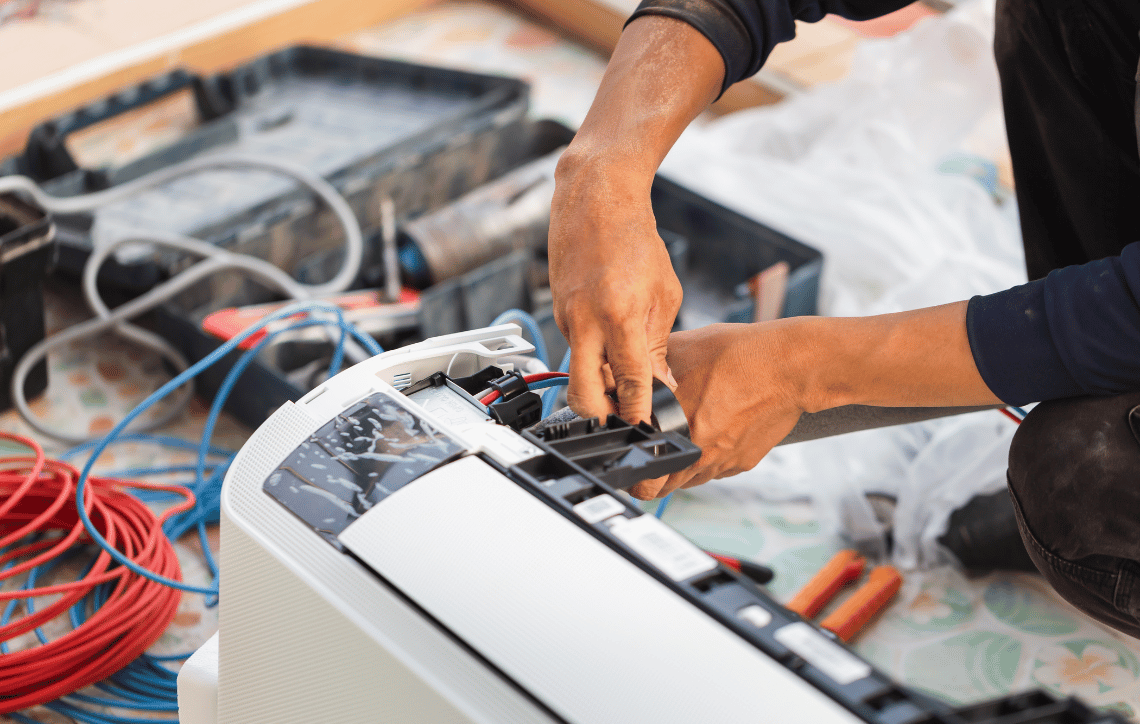
While tackling some AC problems can be simple, such as replacing a filter or resetting a breaker, more technical issues with refrigerants, electrical components, or mechanical systems generally require professional expertise. Diagnosing and repairing these elements is often complicated and can pose safety risks without the proper training or equipment. When your air conditioner needs more than regular maintenance, such as when it does not reduce the indoor temperature to a comfortable level, hire a professional service technician. HVAC experts will find and fix problems in your air conditioning system.
Home Cooling Tips
To maintain a consistently functioning AC system, adhere to a regular maintenance schedule. Keep the area around your unit clear of debris, trim foliage, and allow adequate airflow. Conduct routine inspections and cleanings of filters and coils to enhance efficiency and lifespan.
References and reviews:
When looking for local companies, you can easily gather feedback and references from neighbors, friends, or online reviews to make an informed decision about the reliability and quality of a local air conditioning company. Keep in mind that not all online reviews are genuine, so it's essential to look for a balanced mix of positive and negative feedback. Additionally, be sure to check if the company has proper licensing and insurance before hiring their services. This will ensure that you receive quality work and protection against any accidents or damages during the service.
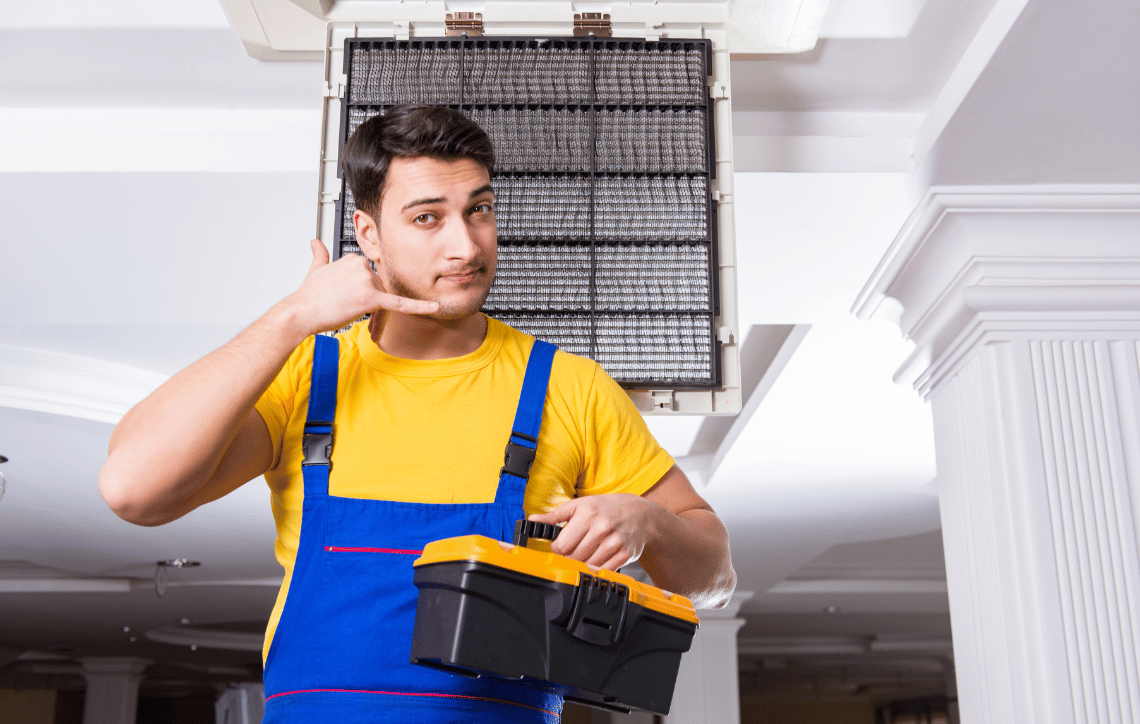
While encountering AC issues can be a hassle, understanding common problems and their solutions can alleviate some frustrations and expenses. Remember to follow the manufacturer's guidance and rely on certified technicians for complicated repairs. Proper care and prompt attention to issues will be ensured.
Don't let AC issues disrupt your comfort and efficiency. Contact Salt Air Heating Cooling & Electrical for expert maintenance, repairs, and installations. Our certified technicians will ensure that your AC system is functioning at its best to keep you cool all summer long. Schedule a service today! Visit our website or call us at (910) 448-4412 for more information.

